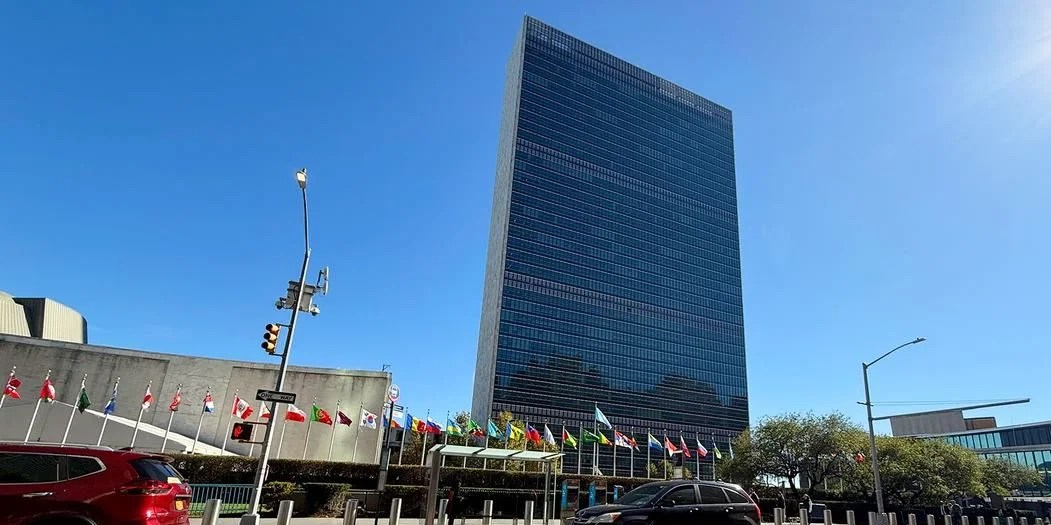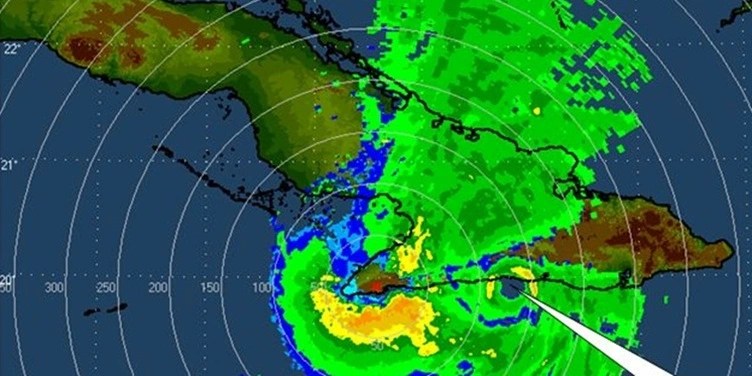MIAMI, United States. – The United Nations General Assembly approved, for the 33rd time, the resolution calling for an end to the U.S. embargo on Cuba, with 165 votes in favor, seven against, and12 abstentions. The tally marks a significant drop compared to past votes and reveals the emergence of an unusual bloc of “no” votes and abstentions among Washington’s allies and partners, in contrast to the Latin American and European unanimity seen in recent years.
According to the official record released after the vote, the countries that voted against the resolution were: Argentina, the United States, Hungary, Israel, North Macedonia, Paraguay, and Ukraine. The countries that abstained were: Albania, Bosnia and Herzegovina, Costa Rica, Czech Republic, Ecuador, Estonia, Latvia, Lithuania, Morocco, Moldova, Romania, and Poland. In 2024, only the United States and Israel had voted against the resolution, and Moldova was the only abstention.
Argentina broke for the first time from its historic vote in favor of ending the embargo and aligned with the “no” vote. In 2024, it had supported the resolution, and in fact, that vote led to the resignation of then-Foreign Minister Diana Mondino.
Costa Rica abstained for the first time in three decades, a significant shift in Central America, where support for the resolution had been consistent.
Ukraine cast its first vote against the resolution: in 2023 it had abstained, and in 2024 it voted in favor. Kyiv’s shift coincides with its denunciations of the Havana regime over the participation of Cuban nationals in the Russian invasion.
Europe ceased to be monolithic: Hungary was the only European Union member to vote “no,” while Poland, Romania, the Czech Republic, and the three Baltic states abstained. In 2024, the European vote had been fully in favor of the text.
The U.S. ambassador to the UN, Mike Waltz, called on countries to change their voting pattern and stated: “There is no blockade. That is absolutely false.” He urged nations to “abstain from this vote or vote ‘no’ along with the United States,” and described the annual debate as “political theater” through which “the Cuban regime tries to convince the world it is innocent” of its abuses.
Although the resolution [calls for the] “Necessity of ending the economic, commercial and financial blockade imposed by the United States of America against Cuba,” [it] is non-binding.
In 2024, the result had been 187 in favor, two against, and one abstention, with unanimous support from Latin America and the Caribbean, as well as from all EU member states. This year’s sharp shift — with seven “no” votes and 12 abstentions — does not overturn the structural majority against the embargo, but it opens a crack in voting blocs that had consistently supported ending the sanctions.
U.S. Congressman Mario Díaz-Balart celebrated on social media that “a growing list of countries” changed their vote in the UN General Assembly and aligned “with the Cuban people and with the United States.”
Díaz-Balart emphasized that Washington’s policy “simply denies dollars to a terrorist dictatorship that oppresses its people and destabilizes the hemisphere,” further pointing out that the Cuban regime supports the despotic governments of Venezuela and Nicaragua, hosts Russian and Chinese intelligence operations, and has sent nationals to fight in Russia’s war against Ukraine.
According to the lawmaker, the recent vote “shows that more and more countries are standing on the side of the sacred cause of freedom for the Cuban people.”
Recibe la información de CubaNet en tu celular a través de WhatsApp. Envíanos un mensaje con la palabra “CUBA” al teléfono +1 (786) 316-2072, también puedes suscribirte a nuestro boletín electrónico dando click aquí.






 HAZ TU DONACIÓN AQUÍ
HAZ TU DONACIÓN AQUÍ
